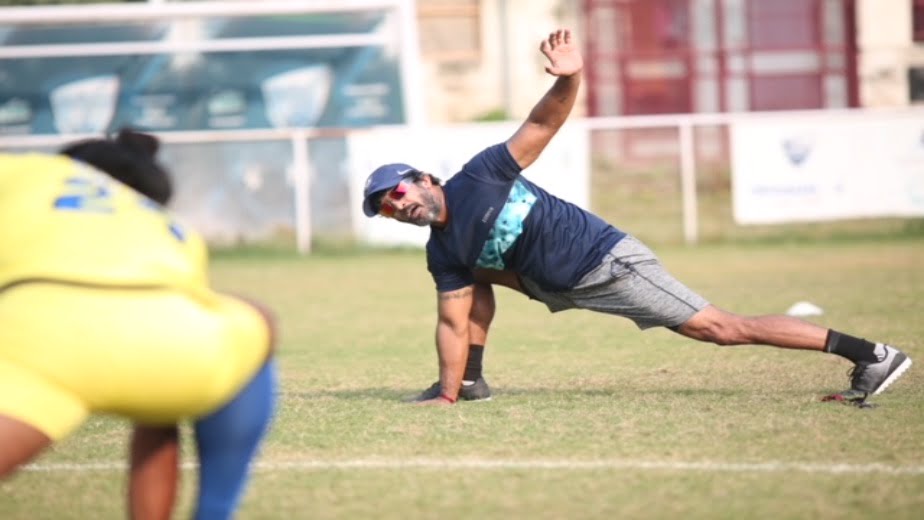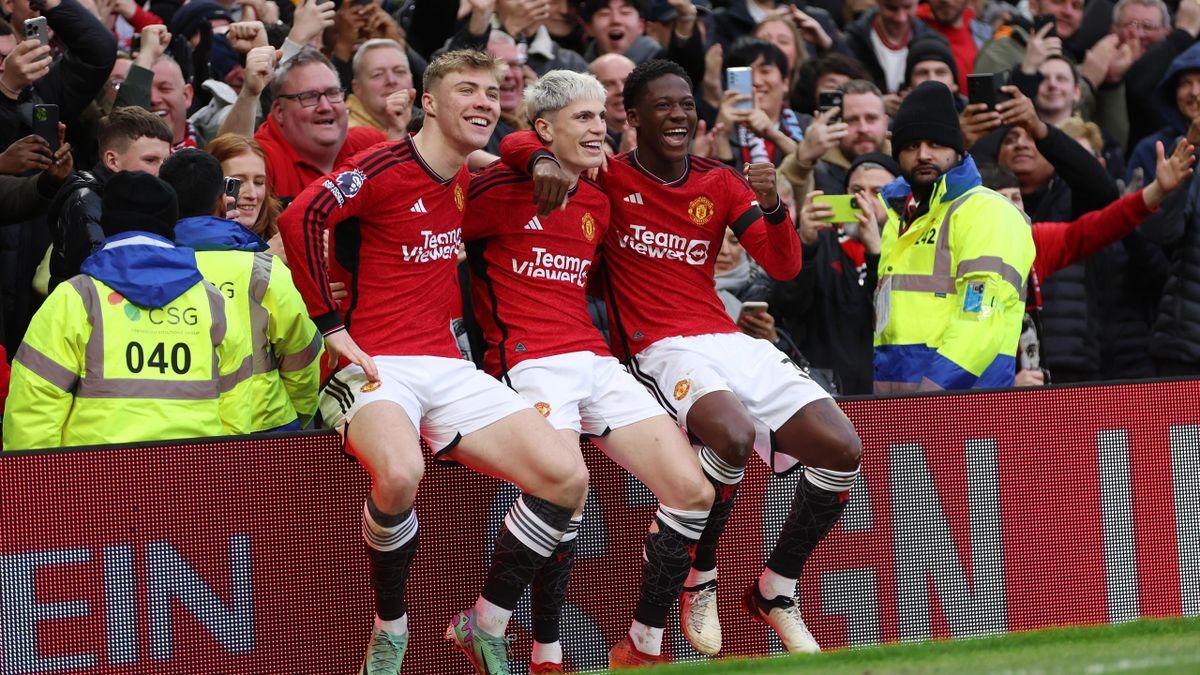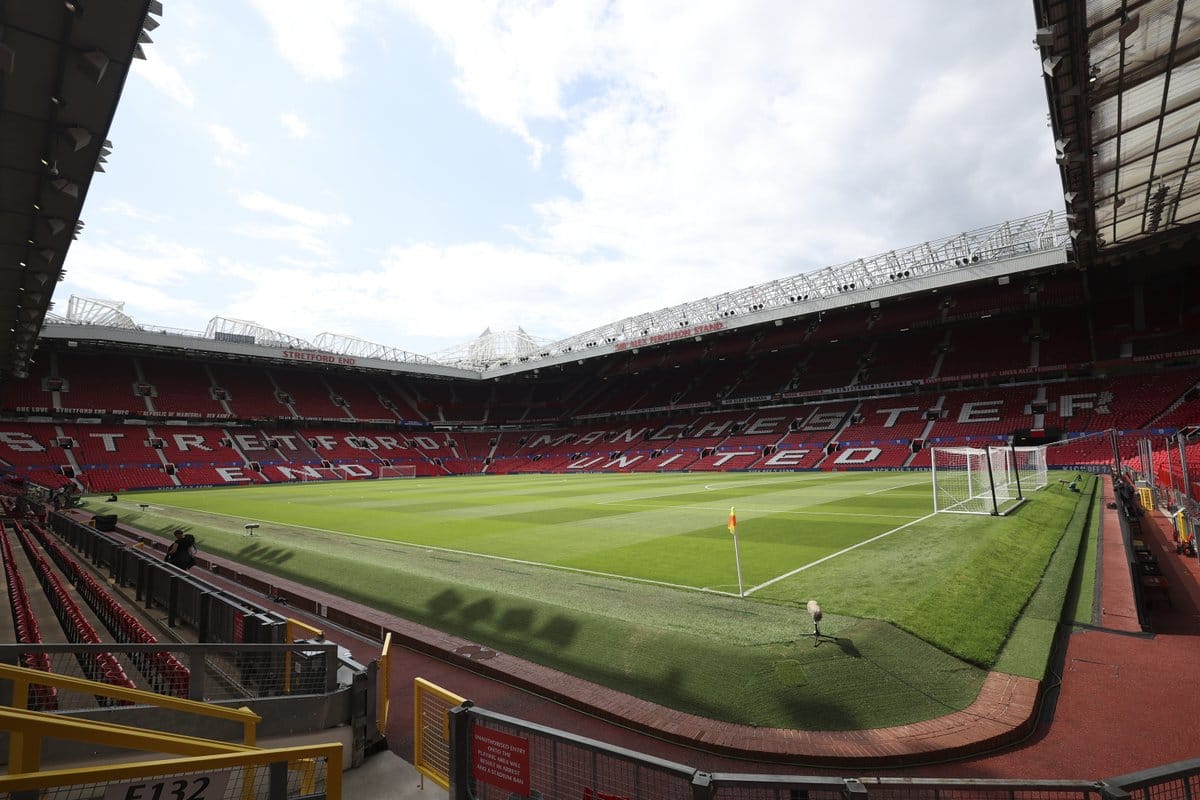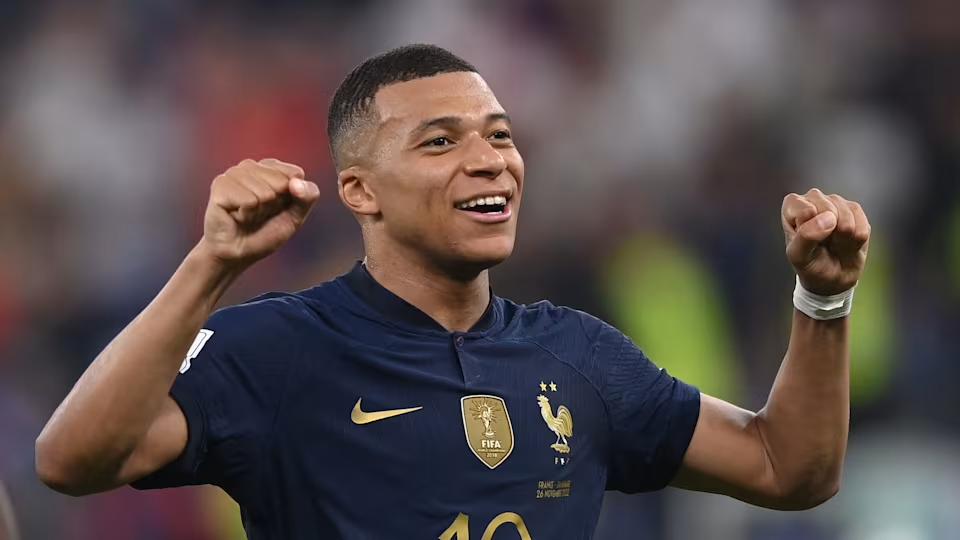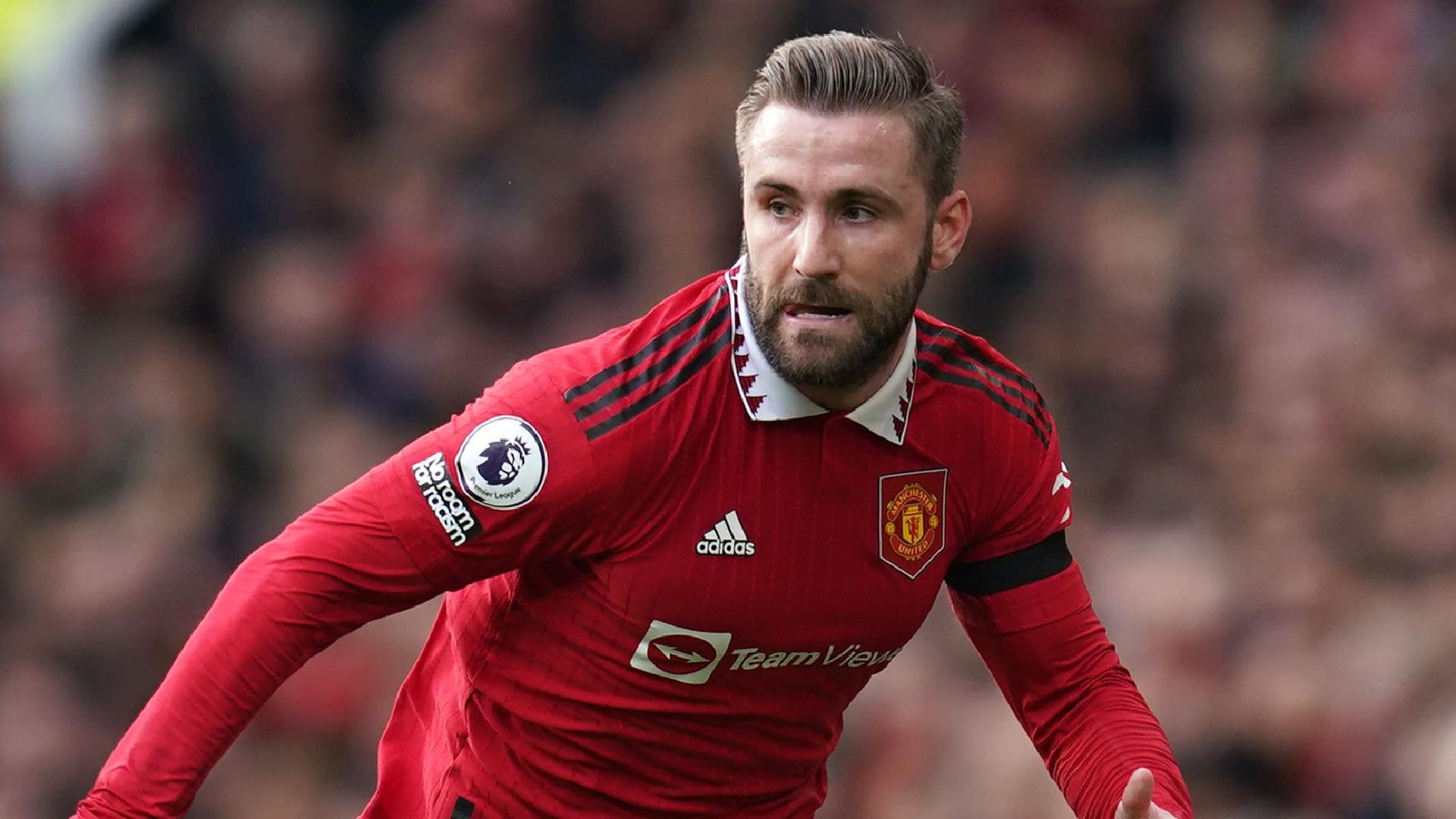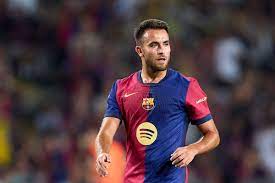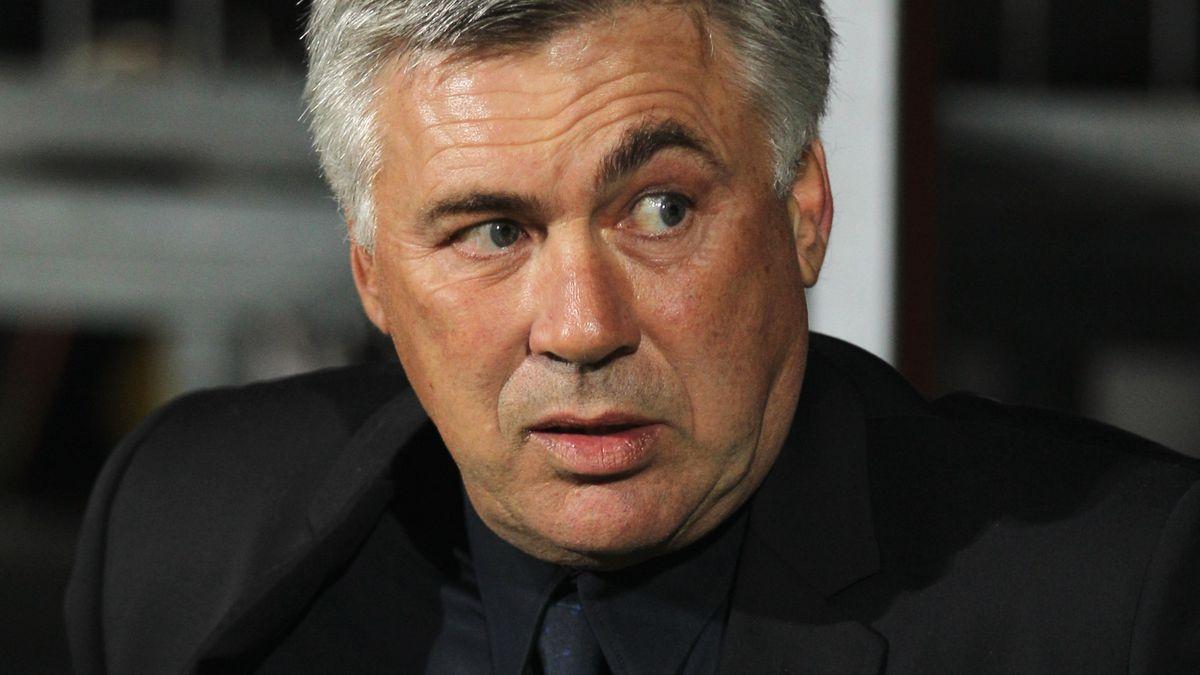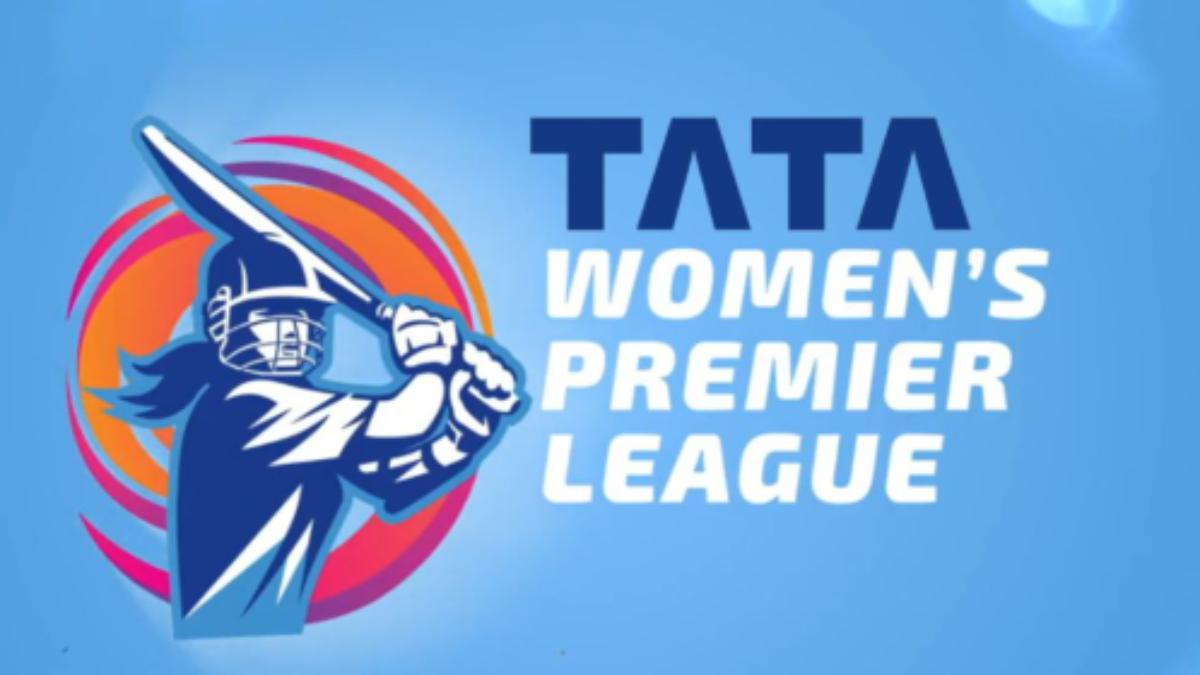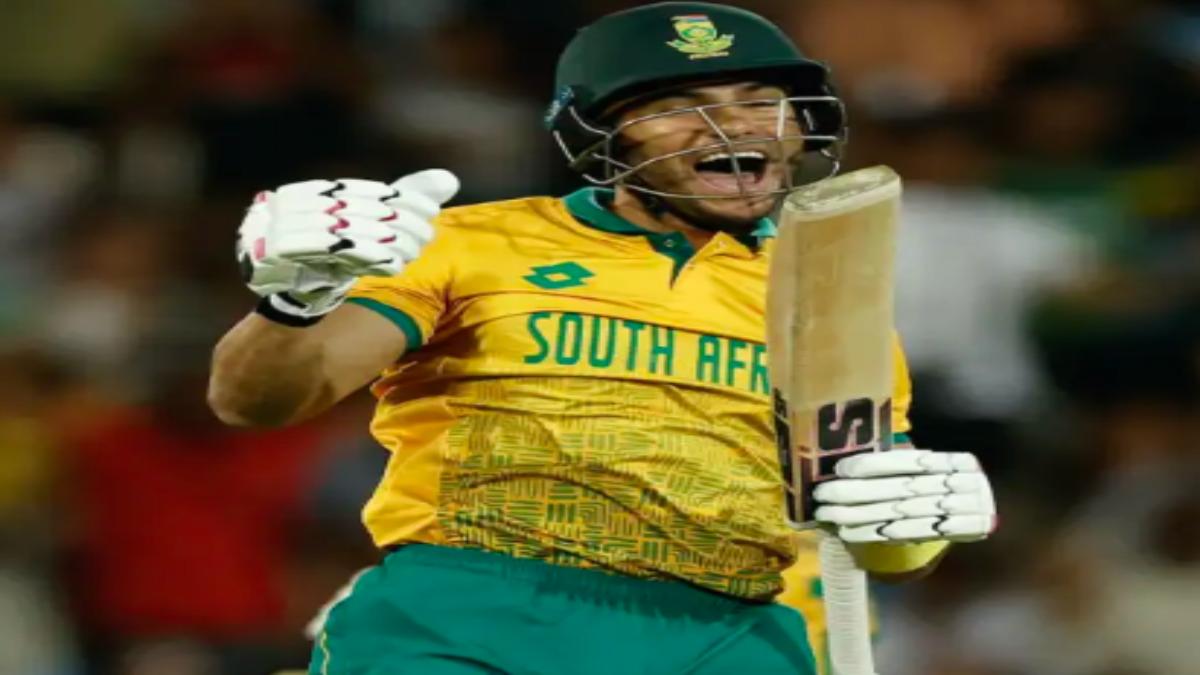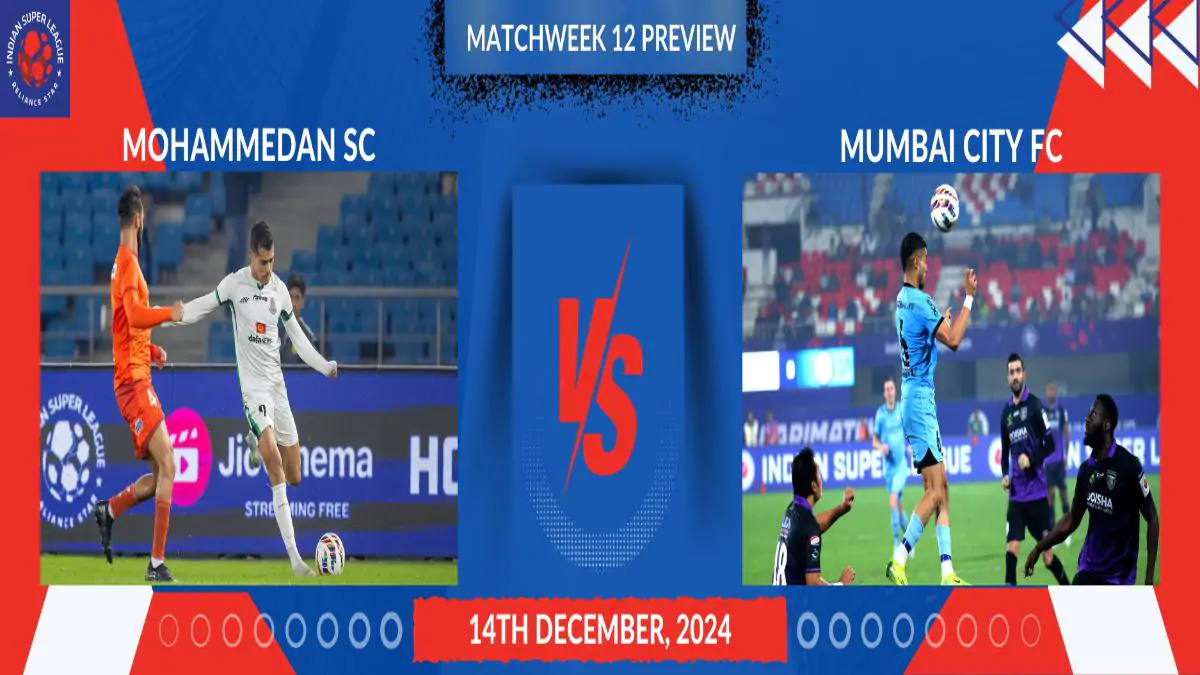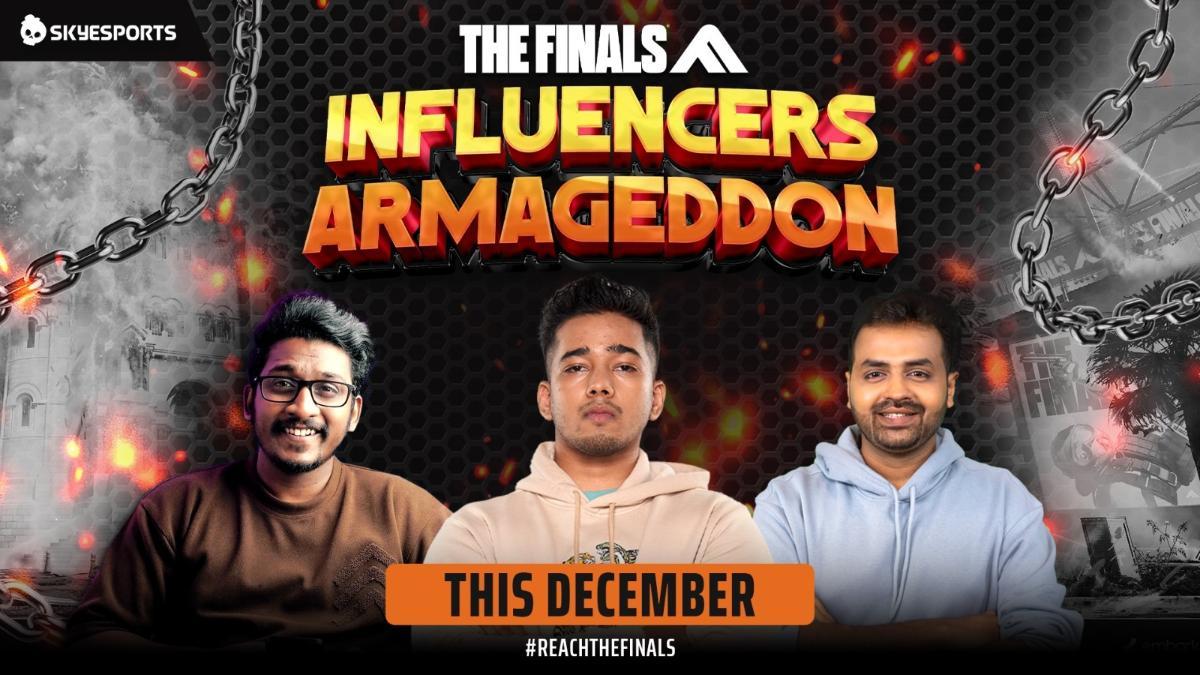With every passing year, the standards of sport have surpassed new heights and records that were considered inconceivable once upon a time have been long broken. Advancements in sports science, technology, superior strength and conditioning methods, diet are some of the many factors that have contributed to this improvement, and it doesn’t look like stopping anytime soon.
With the Tokyo Olympics just around the corner and sports news buzzing with excitement, let’s hear the insights of Mr. Jeeth Devaiah about training athletes for the biggest stage of them all, his experience of working across multiple sports, mental health, learning from experiences, personal objectives and future goals!
Q 1) As a physical preparations coach, how big a role have you played in Indian swimmer Sajjan Prakash qualifying in the A cut for the Tokyo Olympics? How proud are you of him being the only Indian to do so?
I think everyone, including me, played a minor role in his qualification. Much before his Asian Championship in Nepal, we were in Tanya Pura, Phuket where he was training in a FINA Academy. He was complaining of neck and shoulder pain which we couldn't pinpoint exactly as an issue. Since I have a set up in Bangalore with a gym and a physiotherapy clinic, my physiotherapist, Dr. Gautam was looking after Sajan during the Rio Olympics. Since I knew Sajjan pretty well, he trusted us and came to Bangalore and did a proper rehab session for one month. We made him stop swimming and focused completely on his rehab and then he went to Phuket where he started and the pain recurred again. Yet, he could manage both swimming and pain management. Next, he went to Dubai and there he had his own set up with Mr. Pradeep and he went on. We were pretty confident that he will qualify for the A cut because he was very disciplined and had a great sense of self belief. We are very proud that he has qualified with flying colours.
Q 2) You have worked across multiple sports such as football, hockey and cricket. How does physical preparations differ from one sport to another?
Every sport has its own needs. What we do is, we first do a need analysis. Example for cricket – it might not look like a fitness oriented sport because previously it was considered to be the least fitness driven sport but now if you look at the sport, there isn't much time for people to recover. Hence, my or the SNC's work is to get the players fit enough to recover from game to game. If you look at an IPL structure now, there is two months of hectic cricket and players get injured. We plan the load, we call it the load management for the fast bowlers, the batsmen recover from quick running between wickets. These are the areas where we look into cricket. Basically we tend to see the need for analysis. If you look at soccer, the need for analysis is different, 90 minutes of high intensity runs. Hockey is again a 70 minute sport but it is cut down in four quarters. Therefore, every sport has different needs so as an SNC one has to plan as per the needs of each sport. My experience of being a hockey player having played at the highest level helped me to understand the sport better and plan according to the requirements of the sport.
Q 3) Along with strength and conditioning, how important of a role does mental health play in athletes competing at the highest level?
We have always been talking about terms like motivation, killer instinct or spirit but post COVID with the bio bubble, I think mental health plays a very important role as staying in a bio bubble is really difficult as everything is restricted and your freedom is completely curtailed. These days, sports physiologists are travelling with the team which plays a very important role. With cricket given the families are allowed now, so that they don't go through any stress. So yes, specifically post COVID, mental fitness or having a sports psychologist or a psychotherapist is important.

Q 4) How was the experience of working in the Danish Super League Academy, Delhi Daredevils and the Indian Women’s hockey team? What did you gain from those experiences?
I have been a hockey player myself, so fitness has always been my forte. In 2004 I got the opportunity to work in cricket. I started with Ranji trophy and made my way up from there. In 2010 when I got the opportunity to assist the Daredevils then, now known as Delhi Capitals, the approach and outlook was very different to now. What we do with IPL is all about maintenance, it's not about improving. It's all about recovery and maintenance. We can't make many changes with whatever fitness level they are because three is hardly any time from match to match. Players usually come at the last minute and the game goes on.
I have worked with a team called Esberg FC who were playing against the Danish Super League and I thought that their structure was super clean. If you look at the under 12 to under 14 to under 16 to under 19, everything is very structured. Their sessions are all planned months in advance. That is what I learnt and wanted to bring back to India. I think that if we head in that direction in terms of planning and structure, I don't see any difference in the performance of the Indian players in comparison to any one else.
The Indian Women’s hockey team was a big challenge because they had no concept of fitness. They were often called skilled but not fit. I had to go in and change their mindset. I had to teach the women that fitness is also very important, especially strength training, they were not used to lifting weights. I spoke to some of them when they qualified for the Tokyo Olympics and they were still following strength training guidelines. I introduced more to every sport and I am still learning after 17 years in this profession.
Q 5) As a professional strength and conditioning coach whose guidance is more important than ever during the current pandemic situation, what is your personal objective?
First of all, i would like to teach the player how to fish instead of just feeding it to them. Our players are more keen on skills rather than fitness, I would like for them to focus on both equally. My plan moving forward is to teach the players how important fitness is for them and to guide them to train themselves to reduce injuries. The goal is to reduce injuries for more playing time so the coach has options available to send in any player of their choosing with no restrictions.
Q 6) What are your goals and ambitions for the future? How would you like to achieve them?
My goal is to work with an ISL team. I have worked with an I-League team and also with the Denmark league. My future goal is to work with an ISL team as it is more challenging and I am already in talks with a couple of teams.


